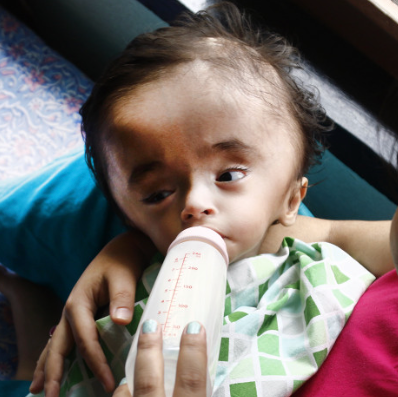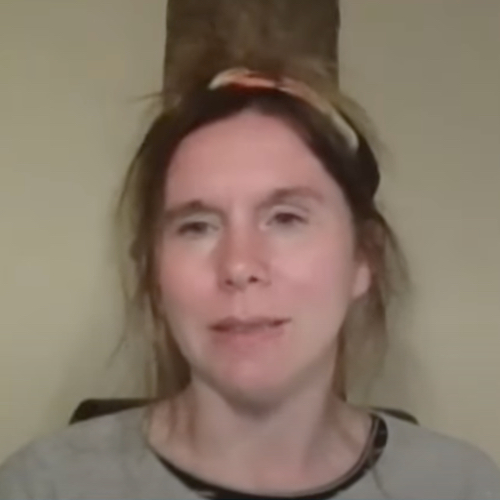Sanjeev and Ekta Neupane were doing very well in their careers in Dhapasi, Nepal and the timing just felt right to start their family. When Ekta became pregnant, they were able to afford to go to the esteemed international hospital in their city to get the very best care. They met with the medical staff and wanted to know exactly what they needed to do in the next 9 months to have a healthy baby and mother. They followed their doctor’s direction and trusted the private hospital completely.
At 36 weeks, their doctor selected to do an emergency C-section. Their son Rihan was born premature weighing only 2.85 kilograms on June 26, 2018. After 30 minutes, he had uncontrolled breathing and was placed on a ventilator. Rihan was placed in the NICU for twenty-one days and they gave him high doses of variety of expensive medications. He finally went home but ended up back to NICU after developing a fever. After a spinal tap, they found him to have meningitis. Five surgeries later, they told the family his brain was not functioning and there was nothing else they could do. Rihan is at home and in a vegetative state and all his parents can do is monitor his vitals and make sure he is not in pain. The doctors and hospital took no responsibility for what had happened.
Sanjeev and Ekta spent every penny they had to save Rihan and worked day and night to take care of him. Soon both lost their jobs. They never expected so many mistakes from a private hospital. They were deeply disappointed at the lack of consensus and communication between Rihan’s doctors and medical team, which led to many medical complications. For example, Rihan was prescribed 4 ml of Paracetamol but ended up getting 66 ml.
After consulting with multiple other doctors, they were told that the treatments Rihan underwent did not have any potential to provide improvements to their son’s quality of life. Since the hospital and doctors did not take any responsibility for what had happened, Sanjeev decided to take the documentation to the organization that oversees hospital safety in Nepal. At this point, all they wanted was for the hospital to take responsibility for what had happened and a promise to take care of any additional medical complications that may come up in the future. They also wanted safety measures to be put in place so that no parent must go through what they had to. The hospital safety inspectors found the hospital negligent on many counts. To their surprise, the hospital continued to deny any wrongdoing or responsibility, so the family had to take the case to through their court system.
Sanjeev says, “there was no transparency, and the accountability was not there. If they had explained the pros and cons of his condition and clearly mentioned everything about his future, things would have been different. We are all humans…everyone is going to make a mistake. The thing here was that they knew what was happening to him and were not explaining the whole process to us. That is why he (my son) has to suffer.” Today, Sanjeev Neupane recounts that one of the most valuable lessons he has gained from his experience is to seek multiple medical opinions. His advice to new parents is to feel open to asking questions and to “cross check the findings told to you by other doctors and experts.” Their story has spread on social media and has begun the conversation about the urgency of implementing healthcare reform for patient safety in Nepal. Despite the nightmare they lived, the Neupane family remains optimistic, resilient, and hopeful. They have recently welcomed the birth of their second child. Sanjeev is committed to improving patient safety in his city and is constantly contacted by mothers wanting to avoid a similar fate for their baby.







